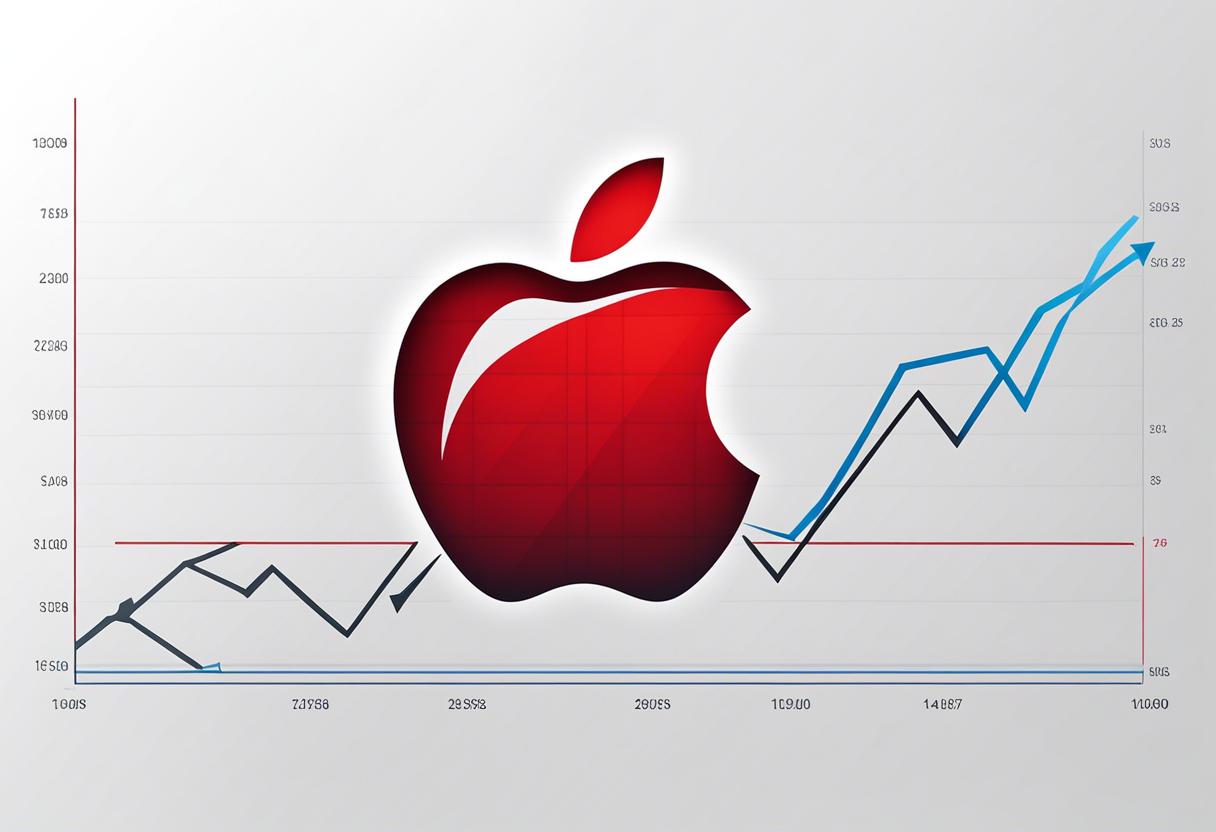The recent exchequer’s report for the first quarter has revealed a decrease of 25 per cent in corporation tax receipts, a detail that strengthens Finance Minister Michael McGrath’s later assertion on the unpredictability inherent in business taxation. Despite an unprecedented €23.6 billion yield last year and anticipations of 2023 breaking Ireland’s successful streak amidst a global economic slowdown, McGrath seemed rather optimistic; he forecast a recoverable shortfall later in the year.
The predictability of the corporative tax base, being predominantly reliant on a handful of corporations, has been a matter of debate and concern for nearly a decade now. This situation, deemed as potentially volatile, isn’t advised to be interwoven in daily expenditure. A recent study by the Parliamentary Budget Office deduced the plausibility of a single or multiple firms individually contributing over 10 per cent of the receipts, thereby implying a substantial risk to governmental finances.
Although the receipts have the potential to either rise or fall, it becomes challenging to heed the forewarnings when the overall gain persistently expands. Since 2011, the Corporation tax has inflated from a mere €3.5 billion to over €23 billion last year. Despite the surprising quarterly dip, neither the finance officials nor Finance Minister McGrath seemed perturbed, attributing it to timing factors.
Industry insiders suggest the decline might be associated with Apple’s diminishing taxable profits. Being one of the very few to have their fiscal year end in September, Apple’s semi-annual tax payment to the Revenue in March is based on their anticipated full-year payment ending in September. This payment can be processed in two distinct ways: either through paying 50 per cent of the preceding year’s tax bill on the presumption of a similar liability in the current year or by paying 45 per cent of their newly projected profit, indicating a change in circumstances. Experts theorise that Apple might have chosen the second option, projecting reduced taxable profits possibly due to a drop in sales or an increased ability to protect a larger percentage of their profits.
Understanding the significant drop in revenue by nearly 29% or €742 million in March is hard to digest without considering its relationship to Apple. In discussing figures from the Central Statistics Office that showed a robust government surplus of €8.3 billion last year, the Minister reiterated that this lucrative revenue source may experience a downturn.
He emphasised the need to recognise that a substantial part of the surplus stems from corporate tax receipts’ strength, some of which could serve as unprecedented windfalls. Our leading position remains robust, albeit volatile due to our fluctuating company tax receipts and our reliance on a select few multinationals for generating revenue, so it is vital to prepare for potential unknown changes.”
The task of articulating the complications around corporation taxes is a demanding one for McGrath. On home soil, he has to moderate any over-optimistic assumptions about there being a huge sum of money readily available either for departmental use or for pre-election tax relief. Potential future governments could face challenges justifying the extraction of €6 billion annually from two national savings schemes, especially during financial straits. Nothing restricts these administrations from discontinuing contributions to these schemes.
Globally, he also needs to exercise caution. Ireland has faced criticism for its low corporate tax rate, earning it the nickname of a tax sanctuary that supports multinationals’ aggressive tax strategies. The introduction of a universal minimum tariff of 15%, as part of the Organisation for Economic Co-operation and Development’s Base erosion and profit shifting (BEPS) initiative, have deflected these criticisms.
But if Ireland’s corporate tax fund experiences significant growth under the new minimum global rate, it could face more negative media coverage, particularly from European Union allies. These allies continue to threaten to enforce a digital tax if technology enterprises persist in avoiding taxes on a large scale.
Ireland’s strong corporate tax standing is expected to strengthen further for two reasons. Firstly, the headline rate for large multinationals is set to increase from 12.5% to 15% and companies will begin to make the additional payments starting from 2026, effectively contributing to an upsurge in tax receipts. A depletion of certain capital allowances is also likely to stimulate this increase.
The administration may covertly cherish the loss of some revenue from the first segment of the Beps initiative – a scheme intended to increase tax jurisdiction for larger nations (a change that would adversely affect Ireland). This could help in avoiding the annoyance of other nations already resentful of Ireland’s beneficial standing.

